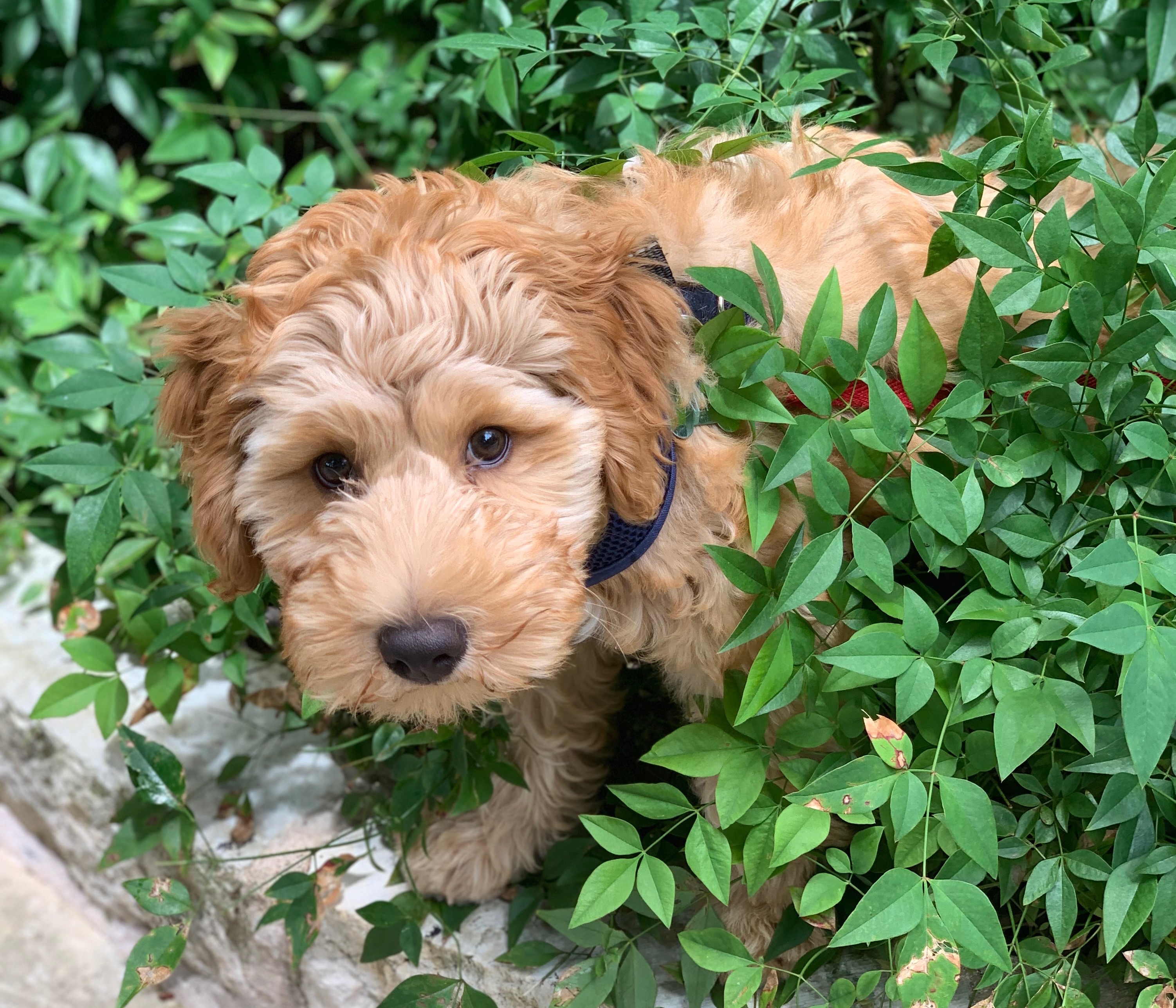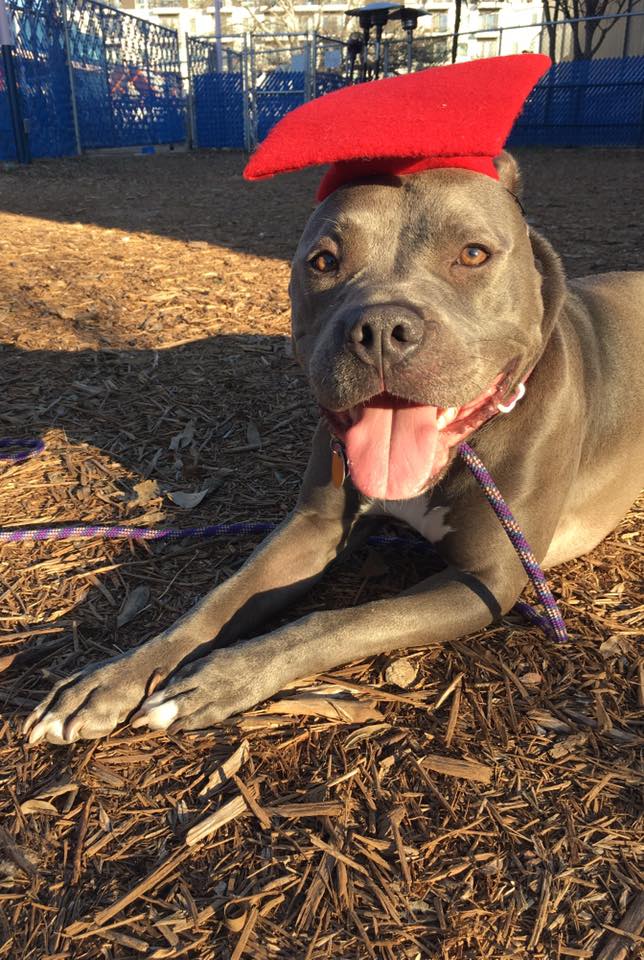Old dogs and puppies alike can learn new tricks through local training programs.
By Lucy J. Phillips, Ralph picture by Lucy Greenlee, Lucy picture by Hannah J. Phillips

Dear Lucy,
My name is Ralph. I’m almost 4 months old. I love a good chew toy, enjoy snacking on applesauce and think peanut butter is overrated. I’m also pretty cute—or so my human says. I caught a glimpse of myself in the mirror for the first time this week and I like what I see. Since I’m young, I’m learning tricks pretty quickly, but my human is really tired of me chewing on her hands to get her attention. Because she is a teacher, we keep a pretty busy schedule, so I want to know where I can go to learn more and show her that I’m a good boy.
Love, Ralph the rascal

Dear Ralph,
Ah, puppyhood. I remember it well. When my human rescued me from Austin Pets Alive!, I was a big bundle of cute—but nervous—energy. I hated my crate, cried incessantly and loved bolting out of the house whenever I could. In my anxiety, I gnawed everything in sight: curtains, doors, dressers, alarm clocks, mattresses and the first 15 chapters of the Bible (twice!). Despite all of that, my human saw the sweetheart I could be with proper boundaries and trust, so she researched local classes to help me become the best dog I could be.
Rather than a one-size-fits-all regimen, I recommend looking for a program that will tailor to your exact needs at different developmental stages. For me, this meant curbing my anxiety, helping me trust other humans and learning who the alpha is in our house. (Spoiler: It’s not me. It’s surprising but true!) For you, this might mean more basic commands, like sitting politely rather than jumping or learning the appropriate way to get your human’s attention. I can tell you are anxious to get started, so I reached out to two local groups on your behalf.
Shelly Pfeifer at Sit Means Sit recommends starting puppy training at 8 to 10 weeks old. If this sounds like it contradicts your vet’s advice not to go to public places before you have all your vaccinations, don’t fret! Pfeifer says while this is true of dog parks, it’s important to address concerns early on that can develop into bad habits and anxieties. Sit Means Sit uses a “puppy cube” that incorporates a variety of sounds, shapes and textures to help you acclimate to the adventures of the outside world.
“Our puppy class goes a long way to socialize in that critical period of the first five months,” Pfeifer says. “We specialize in training around distractions, and we work with all dogs, all breeds and all personalities.”
Taurus Academy also works with all breeds and behavioral needs. Started by William and Melanie McLeroy out of their East Austin home in 1994, Taurus now has multiple locations throughout Austin and has become the one-stop shop for play days, basic grooming and training. I yapped with Lindsey Ortiz, pack leader at its Burnet Road location, who says Taurus’ structured program sets it apart as more than just a place to play.
“All our staff members are trainers,” she says, “so everyone is going to set boundaries for the dogs, asking them to sit at doors and not pull at leashes. We don’t offer all-day play because we highly believe that leaving dogs outside to play all day together is both physically and mentally tiresome.”
For pups that want to go one step further, Taurus also offers both private lessons and board-and-train classes. While your human is traveling, why not learn some new tricks to impress her when she gets back? Taurus’ intensive but fun daily sessions will help you be more alert, friendly
and obedient at home and in public, and the program includes follow-up lessons so your human can help you practice what you learned.
Taurus’ newest location is at Bark&Zoom near the airport, where it also offers a seven-week course tailored to socialization, basic obedience and resolving common puppy challenges. Since you have a few haircuts ahead of you, I thought you might like to know the class includes a positive introduction to professional handling for happy vet and groomer visits, as well as gradual water skills so you can enjoy the beauty of our local watering holes.
Ultimately, it’s important to find the right fit for you and your human. More than anything, we are eager to please our humans, and these Austin groups are equally eager to teach us how to do just that. It’s encouraging to know it’s never to early (or too late) to teach a dog new tricks!
Love and slobbery kisses,
Lucy
If you have a dog-related question for Lucy, reach out and follow her on Instagram @asklucydog.
